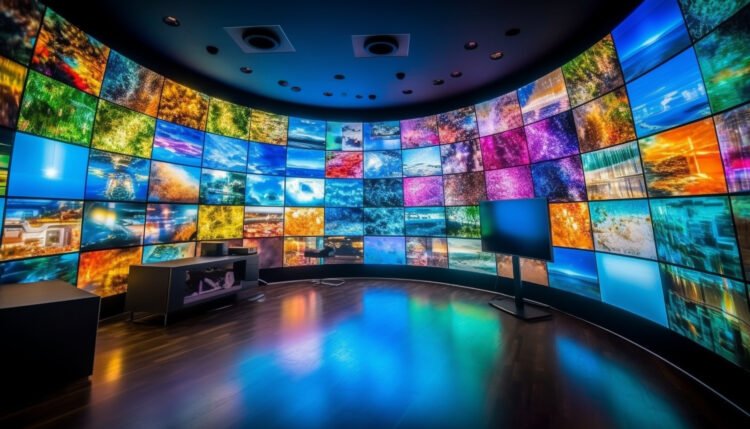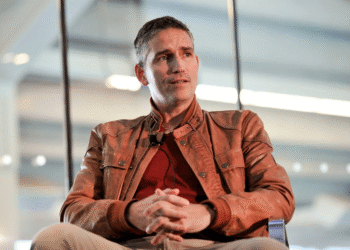Broadcasting has undergone a remarkable transformation since its inception, evolving from traditional radio waves to modern digital streams. This article explores the rich history, technological advancements, and societal impact of broadcasting, tracing its journey from humble beginnings to the digital age.
- The Birth of Broadcasting: Broadcasting emerged in the early 20th century with the invention of radio technology. Pioneers such as Guglielmo Marconi and Reginald Fessenden paved the way for the transmission of audio signals over long distances, leading to the establishment of the first radio stations. Initially, broadcasting was primarily used for news, music, and entertainment, captivating audiences around the world.
- The Rise of Television: The advent of television in the mid-20th century revolutionized the broadcasting industry, introducing visual storytelling and immersive experiences. Television quickly became the dominant medium for news, sports, and cultural programming, shaping public discourse and shaping popular culture. The introduction of color television and cable networks further expanded the reach and diversity of broadcasting.
- The Digital Revolution: The late 20th century witnessed the rise of digital technology, transforming broadcasting once again. The introduction of satellite and cable television brought an unprecedented level of choice and accessibility to viewers, while the internet paved the way for online streaming and on-demand services. Today, broadcasting encompasses a wide range of platforms, including traditional radio and television, as well as digital platforms such as podcasts, streaming services, and social media.
- The Impact on Society: Broadcasting has had a profound impact on society, shaping public opinion, disseminating information, and fostering cultural exchange. From the iconic radio broadcasts of historical events to the global reach of televised sporting events, broadcasting has connected people across borders and cultures. However, it has also raised questions about media ownership, censorship, and the democratization of information in the digital age.
- The Future of Broadcasting: As technology continues to advance, the future of broadcasting remains uncertain yet full of possibilities. Virtual reality, augmented reality, and artificial intelligence are poised to revolutionize the way we consume and interact with media, offering immersive experiences and personalized content. However, challenges such as digital piracy, data privacy, and content regulation will need to be addressed to ensure the continued growth and sustainability of broadcasting.
From its humble beginnings with radio waves to its current digital landscape, broadcasting has undergone a remarkable evolution, shaping the way we communicate, entertain, and connect with the world. As we look to the future, broadcasting will continue to play a pivotal role in shaping our society and shaping the way we experience the world around us.

 English
English



























































